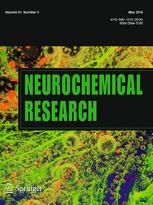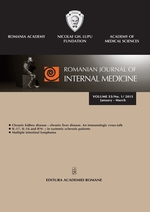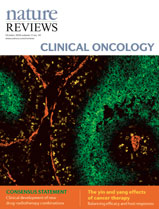 A cancer biologist has retracted a 2016 News & Views article in a Nature journal, alleging that the journal tried to censor his writing by asking him to remove passages that criticized another journal (Cell).
A cancer biologist has retracted a 2016 News & Views article in a Nature journal, alleging that the journal tried to censor his writing by asking him to remove passages that criticized another journal (Cell).
Carlo Croce, the sole author of the article in Nature Reviews Clinical Oncology from Ohio State University in Columbus, described the journal’s actions to us as “disgusting” and “worrisome.”
A spokesperson from the journal sent us this statement:
We regret that this situation occurred. We cannot comment beyond the retraction notice.
This isn’t Croce’s first retraction (we just found another recent one, in the Journal of Biological Chemistry, over image problems). He’s also co-authored multiple papers with Alfredo Fusco, a cancer researcher in Italy who has nine retractions under his belt, and is undergoing criminal investigation for scientific misconduct.
Here’s the retraction notice, published in Nature Reviews Clinical Oncology on October 4: Continue reading Cancer biologist says Nature journal “censored” his News & Views, retracts it
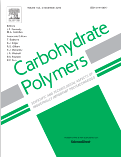
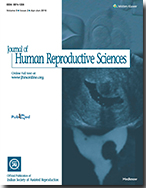

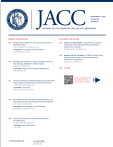
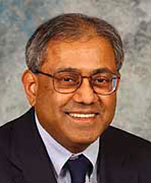
 A journal has retracted an abstract after discovering the author didn’t submit it — and also because it appears “highly similar” to a previous publication in Chinese.
A journal has retracted an abstract after discovering the author didn’t submit it — and also because it appears “highly similar” to a previous publication in Chinese.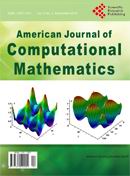 A researcher in Egypt is threatening to sue a mathematics journal if it doesn’t un-retract one of his papers.
A researcher in Egypt is threatening to sue a mathematics journal if it doesn’t un-retract one of his papers.